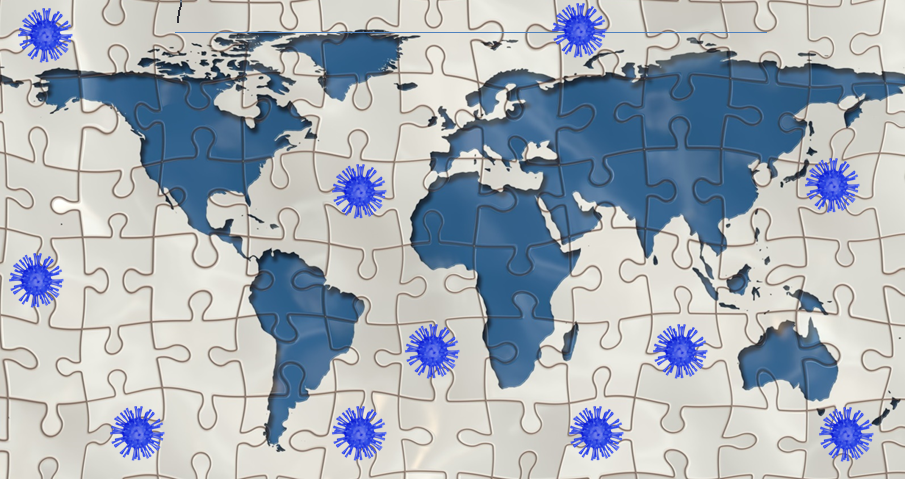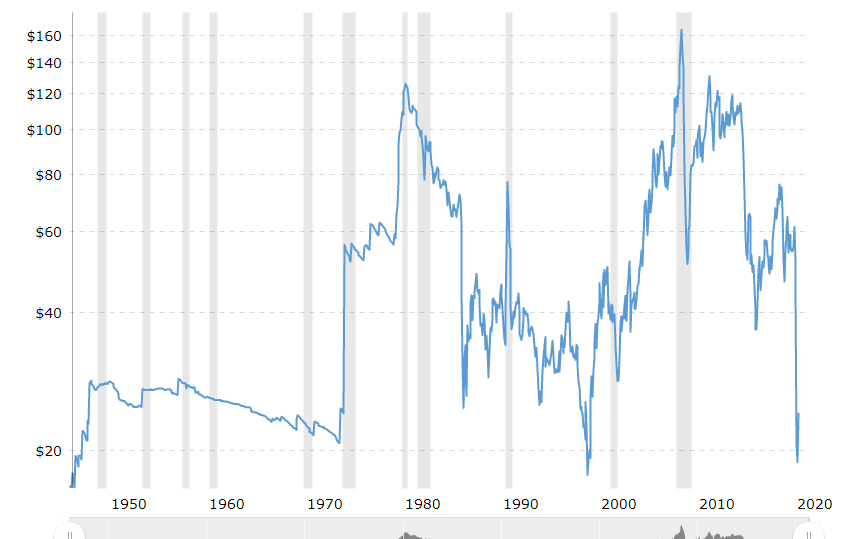Publications
INSS Insight No. 1317, May 13, 2020

Israel’s new government will have to review the validity of many ideas within the Israeli consensus that have guided foreign policy over the past two decades. Key questions concern the Israeli-Palestinian conflict; relations between Israel and its neighbors in the Middle East, particularly in the area of energy and in the context of the Israeli-Palestinian conflict; relations with the United States, including the implications of the competition between China and the US; relations with the European Union; and relations with international organizations and institutions. It is important to strengthen the Ministry of Foreign Affairs as a central player in charting policy in these main areas.
A current review of the international arena and its main actors reinforces the assessment that processes and trends evident in recent years will be accelerated and reinforced by the coronavirus crisis. Consequently, Israel’s foreign policy must be adapted to the emerging circumstances, mainly the deepening of ongoing trends, and prepare for the possibility that some of them may evolve dramatically and represent a paradigm shift.
The Israeli-Palestinian conflict: It is clear that the so-called Arab Spring and its ramifications throughout the Middle East have reduced the weight of the Israeli-Palestinian conflict in the Arab and international agendas. The coronavirus crisis on its own is not expected to change this trend. Assuming that the new Israeli government would prefer this situation over increased political and/or security activity regarding the dispute, Israel would do well to avoid changes to the existing situation, such as any decision to annex territory in the West Bank, which would restore the issue high on the regional agenda and prompt vehement opposition and harsh criticism on the part of Arab countries. This matter is also connected with Israel’s stature in the international arena, particularly its relations with European Union states.
The regional arena and energy: The decline in oil prices began before the outbreak of the coronavirus crisis, which in turn lowered demand and prices to levels not seen since the end of the last century. The pandemic has caused serious damage to the region’s economies, particularly to Israel and its neighbors. The recovery process will be complex and prolonged, and will leave scars. In this situation, Israel is faced with risks from a possible undermining of stability in the immediate environment; at the same time, this situation invites opportunities to strengthen cooperation. Israel can offer cooperation with each of its neighbors to help alleviate the economic distress (taking into account that its own economic challenges will narrow its maneuvering space vis-à-vis its neighbors). Despite the expected limits on the financial resources that Israel can provide, a joint Israeli-Arab application for assistance in financing projects that promise economic feasibility, could gain international support. However, a decision by Israel to annex territory would cancel any potential Arab cooperation or joint initiatives.

Israel-United States relations: Even if President Trump is re-elected, the Democrats may take control of the Senate. Israel will then need to deal with a Congress whose votes and decisions on matters essential to it cannot be taken for granted. If a Democratic president is elected, the Israeli government will need to prepare for a change in policy, mainly in relation to the Iranian issue and the Israeli-Palestinian conflict. The strategic importance of the United States for Israel is essential in two primary areas: an American veto on UN Security Council draft resolutions that can cause significant harm to Israel, and the quality and availability of security assistance. In these two issues, Israel has no apparent alternative for the time being. Israel’s policy must be designed in such a way that in any given situation, both the veto and the assistance are assured. Presumably the critical nature of this consideration overrides Israeli initiatives and actions that do not win Washington’s approval. This is particularly true regarding Israel-China relations.
Relations with China: Even before President Trump took office, the United States had identified China as an adversary and competitor. The American focus on internal matters during the coronavirus crisis, while concentrating in its foreign policy on blame of China for the outbreak of the virus, has further eroded US international standing, which had weakened in recent years. For instance, instead of utilizing the G7 forum to set out a plan of action to rescue the global economy, the United States tried, with limited success, to use it to vilify China.
Long before the outbreak of the pandemic, the United States pressured its partners in the international community to adopt stringent protective measures against Chinese investments and influence in sensitive areas, such as the next generation of communications and artificial intelligence. Pressures of this sort have intensified in recent months. Alongside other countries, Israel is faced with a dilemma in this context, and even economies stronger than Israel’s, such as those of Germany, Australia, and Canada, have been forced to deal with American pressure to weaken their relations with China. But in the Israeli case, the dilemma is sharper and clearer. The European Union began formulating a policy that prioritizes both defense against risks in their relations with Beijing and opportunities to increase economic and technological relations with China. Israel has also formulated a mechanism that is meant to examine potential damage to its essential interests as a result of contracts between Israeli and foreign entities. The need to maintain an ongoing dialogue with the US administration on this matter, as well as on other matters, is essential.
Israel and the European Union: In the context of the dilemmas regarding relations with the United States and with China, it is important that Israel find a reference group of countries, and particularly the European Union, if the latter manages to formulate a joint policy. However, for two decades the EU has dealt with the negative impact of its expansion on its internal coherence and the increasing strength of nationalist-separatist movements in some member states. The issue of the relevance of the European Union in the framework of inter-power competition will arise more forcefully if the exit from the economic freeze forced upon it by the coronavirus crisis is accompanied by unhindered competition in world trade or price wars in essential raw materials.
The issue of the murky relations between Israel and the European Union must be re-examined. Europe remains Israel’s largest economic partner, and that is reason enough to make an effort to contain the erosion of relations. Moreover, the weakening of American standing in the Middle East and the gradual process of US withdrawal from the region (which the coronavirus crisis is expected to enhance due to changes in priorities); the US allocation of resources, against the opposition of European partners to the nuclear agreement and to the “maximum pressure” policy employed by the US against Iran; and the interest of European countries to find a way to reduce migration from the Middle East to the continent, all strengthen the need for renewing dialogue with Europe at senior levels. A change in the US presidency will presumably improve the transatlantic dialogue on a number of issues in which Israel has a clear interest (led by the Israeli-Palestinian and the Iranian issues), and Israel would do well to rehabilitate its relations with Europe in order to try to influence decision making and policy. Avoiding measures that will undermine the status quo in the Israeli-Palestinian arena would also help in this context. Even before the Israeli government makes a decision regarding its actual intentions regarding annexation in the West Bank, the foreign ministers of a number of EU member countries seek to announce sanctions that they will take if the process is realized.
The international arena: Among the trends that have accelerated with the coronavirus crisis is the weakening of international organizations and institutions. China and the United States, for example, have managed most of the trade war between them outside of the World Trade Organization. Despite attempts by international systems, including the World Health Organization, the International Monetary Fund, the European Union, and the G7 to formulate coordinated policies on various issues, dealing with long term ramifications of the coronavirus crisis, particularly on the economic level, remains (at this stage) at the state level. However, since some countries will have difficulty dealing with the economic difficulties and healthcare challenges (and with environmental issues) on their own, the multilateral institutions will resume their important functions in the reconstruction phase. Israel should aim, therefore, to become involved in the activity of those institutions, including by offering technological and healthcare assistance, thereby promoting its own interests in the international arena. In this context, Israel will need to take into account the policy of the United States, which is deeply embroiled in struggles and tensions with various international institutions.
Conclusion
The establishment of a new government is always an opportunity to reexamine past and existing policies and adjust them to the new circumstances, particularly while balancing the risks and opportunities created by its very formation. At the current time, this general statement translates into an immediate action item. The entry of a new minister to the Foreign Ministry is also an opportunity to return this important ministry to its central place in defining and realizing foreign policy, after many years of decline and a reduced role.


